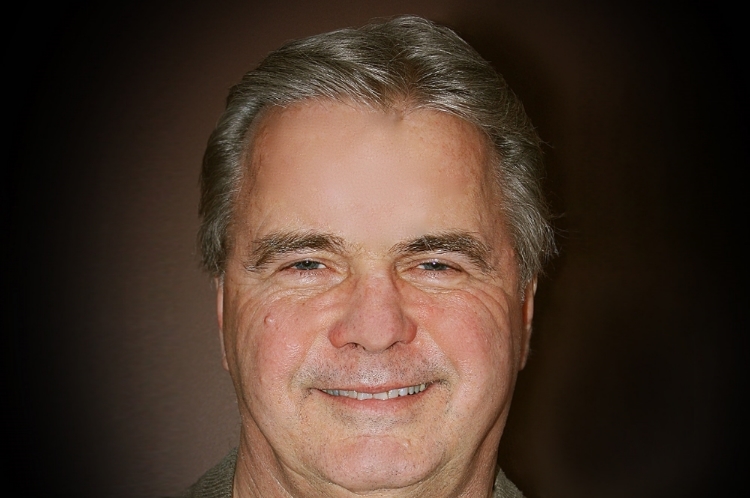The mission of the MGH Neurosurgery Brain Tumor Immunotherapy Laboratory is to design, explore, and translate novel approaches to manipulating host immunity against malignant brain tumors (malignant glioma). For the immune system to deter the progression of cancerous cells in the brain, we must train it to better recognize its targets and to overcome the evasive strategies that glioma cells have evolved in order to escape both immune detection and control.
We, therefore, study the mechanisms by which brain tumors evade immunity and other treatment approaches. We believe strongly in the role of combination immunotherapy strategies that increase numbers of tumor-targeting lymphocytes as well as increase the conditions that permit their prolonged activation.
In a phase I clinical study in patients undergoing surgery for recurrent glioblastoma (Grade IV astrocytoma), we have demonstrated that a patient’s own tumor cells can be harvested and used as material for a personalized cancer vaccine that positively impacts multiple arms of an antitumor immune response – both antibodies and T-lymphocytes. We have taken these data back into the preclinical setting and examined combining that vaccination with delivery of therapeutic antibodies that activate tumor-specific T lymphocytes, cells that otherwise may be suppressed by tumor-related factors. In animal models of brain cancer, we are seeing increased survival by combining vaccination with 2 or 3 of these antibodies, and our aim is to move these combination approaches into new clinical trials.
In other lines of investigation, we are studying the impact of common mutations in lower-grade glial tumors have on the immune system and whether or not these tumors are, therefore, good targets for immunotherapy. In these experiments, we are collaborating with Dan Cahill, MD, PhD and Hiro Wakimoto, MD, PhD, both of whom have significant expertise in brain tumor molecular genetics and glioma modeling.
We are also collaborating with Marcela Maus, MD, PhD in the design and evaluation of a chimeric antigen receptor (CAR) T lymphocyte that is engineered not only to specifically target and kill glioma cells but also to secrete immunostimulatory factors directly into the tumor microenvironment – hopefully increasing the both targeting efficacy and overcoming local immunosuppression.


